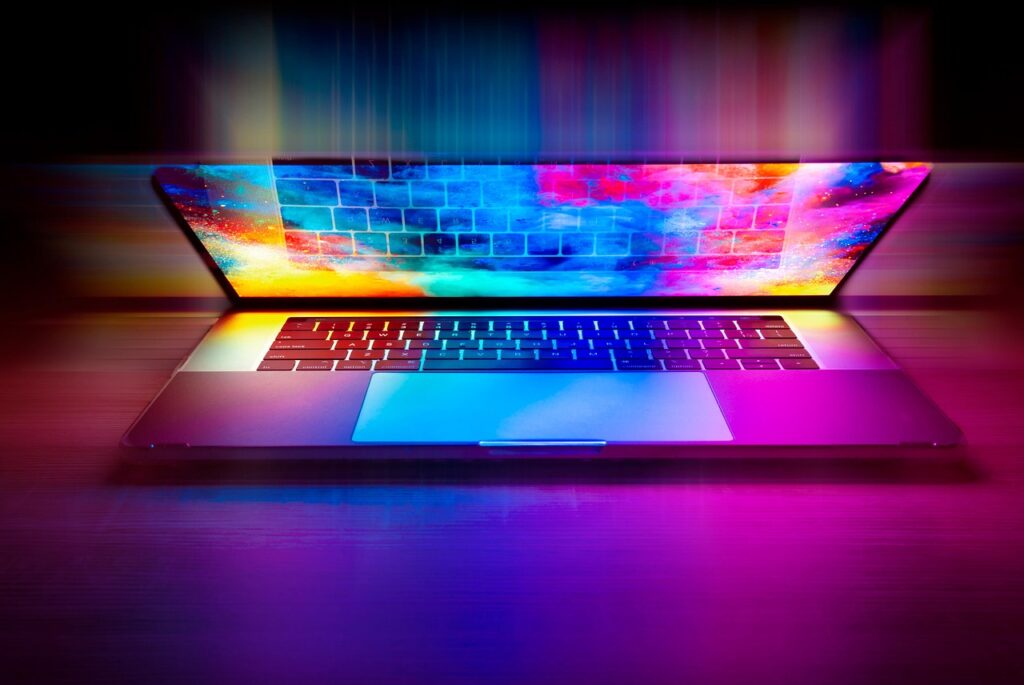
Technology in Everyday Life
One of the most visible impacts of technology is in our daily routines. Smartphones and smart devices keep us connected 24/7. We can shop online, pay bills instantly, and even order food with just a few clicks. Smart home appliances such as voice assistants, automated lights, and security systems make our lives safer and more convenient. Entertainment has also shifted online, with streaming platforms and gaming apps providing endless options right at our fingertips.
Education in the Digital Era
The future of education is digital. Online learning platforms and virtual classrooms have opened doors for students across the globe. With the help of e-learning tools, students can access knowledge anytime, anywhere. Interactive technologies like augmented reality (AR) and virtual reality (VR) make lessons more engaging and practical. For example, medical students can practice surgeries in a virtual environment before stepping into real operating rooms. This blend of technology and education ensures that learning is no longer limited to traditional classrooms.
Healthcare Innovations
The healthcare industry has seen groundbreaking improvements thanks to technology. Telemedicine allows patients to consult doctors from home, while AI-powered systems help detect diseases at an early stage. Wearable devices track heart rate, blood pressure, and physical activity, encouraging healthier lifestyles. Robots are even being used in surgeries for more precision and efficiency. As technology continues to evolve, healthcare will become more accessible and life-saving innovations will become the norm.
Business and Economy
For businesses, technology is a game changer. Digital marketing, e-commerce, and cloud computing have made it easier for companies to reach customers and manage operations. Startups can now compete with large corporations by using affordable online tools and platforms. At the same time, artificial intelligence and automation are increasing productivity while reducing costs. However, this shift also requires workers to upgrade their skills to stay relevant in the digital economy.

Challenges of Technology
While technology brings endless opportunities, it also has its challenges. Issues such as cybersecurity threats, data privacy, and misinformation are growing concerns. Overdependence on gadgets can also reduce physical activity and real-world communication. It is important to balance technology use with mindful habits, ensuring it enhances life rather than controlling it.
Looking Ahead
The future will be even more exciting with advancements in artificial intelligence, blockchain, renewable energy, and space exploration. Self-driving cars, smart cities, and sustainable technologies will transform how we live and work. If used responsibly, technology has the power to create a smarter, more sustainable, and globally connected world.